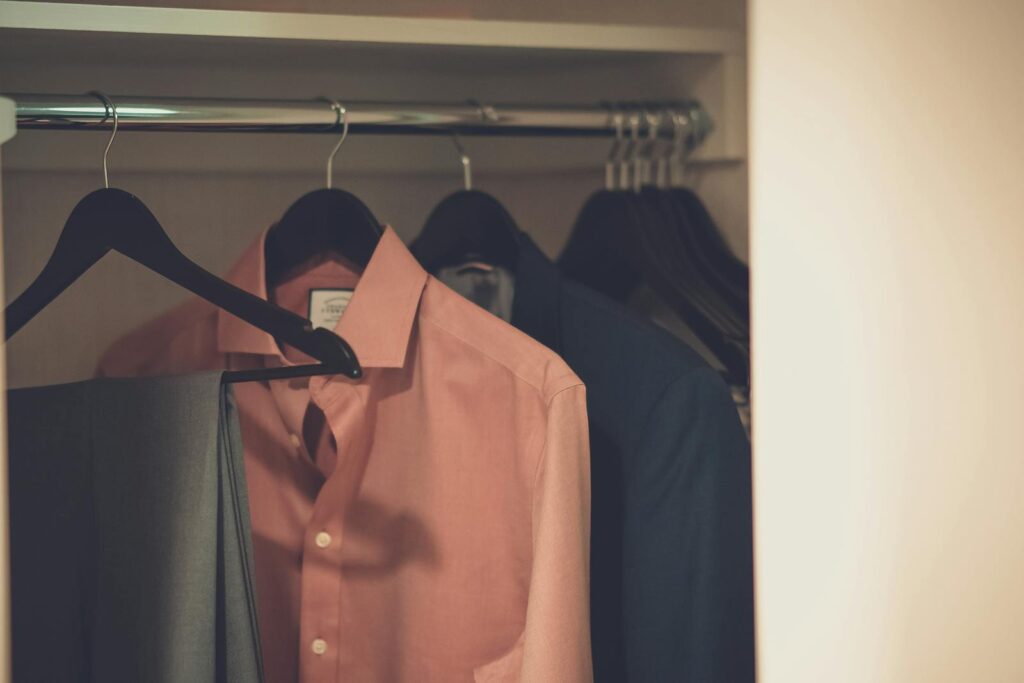In the stillness of predawn, when the world lies in slumber, there is a profound sense of peace that permeates the air. This tranquility is not lost on those who practice the art of rising early, a habit that has been revered across spiritual traditions for centuries. The Zen monastery in Japan, where I spent three and a half transformative years, is no stranger to this practice. The wake-up call at 3:20 am was a clarion to embrace the day when the stars still held court in the sky, and the rest of the world was yet to stir from its nightly repose.
Embracing the Early Morning Routine
The initial shock to the system of such an early start is undeniable. As a newcomer to the monastery, the grueling schedule was a test of endurance, and exhaustion was a constant companion. However, the human body and mind are remarkable in their ability to adapt, and adapt I did. Over time, I found myself naturally waking even earlier, eventually rising at 1:50 am, a full hour and a half before the official wake-up time. This shift was partly due to my proximity to my teacher, the Roshi, who resided in what was affectionately known as the ‘Wizard’s Nest.’ This small room, a veritable Zen Hogwarts, was a treasure trove of knowledge and mysticism, with its stacks of books, manuscripts, and an eclectic mix of gifts from students worldwide.
Rituals of the Early Morning
The Roshi himself would begin his day at 2 am, and not wanting to be idle while he commenced his vigorous morning routine, I made it a point to rise ten minutes before him. This extra time in the morning became a sanctuary for personal growth and self-care. I would start by sweeping my room, engaging in a physical act that mirrored the mental process of clearing away the cobwebs of sleep and preparing for the day ahead. The act of cleaning was not just a chore but a meditative practice that brought a sense of order and clarity to both my surroundings and my mind.
The cold that greeted me as I slid open the shoji to my garden was bracing, the winter air biting through the thin paper walls. Yet, this too was part of the routine, a way to invigorate the senses and breathe in the purity of the mountain air. My teacher emphasized the importance of air circulation, and I took this to heart, allowing the crisp breeze to fill the room as I swept the tatami mats with vigor.
Following the cleaning, I would indulge in a cold shower, a practice that left my skin tingling and my mind alert. There was still time for a series of yoga stretches and breathing exercises, grounding me in my body and preparing me for the day’s spiritual endeavors. By the time I stood outside the main hall to ring the wake-up bell, I was fully awake, alive to the beauty of the stars above and the silence around me. The sound of the bell, resonating through the stillness, was a reminder that while the world was still at rest, I was already engaged in the sacred rhythm of monastic life.
Unexpected Vitality from Early Rising
This routine, which may seem austere to some, brought an unexpected vitality to my life. Despite sleeping only four hours a night, supplemented by a post-lunch nap, my energy levels soared beyond what I had experienced with a full eight hours of rest. My body felt less stiff, my mind sharper, and the quietude of the early hours provided a solitude that was both refreshing and deeply nourishing.
But beyond the physical benefits, the true gift of rising early was the opportunity it afforded me to work on myself. It was a time for a positive morning routine, a time for self-reflection and personal development. Rolling up my futon and storing it away each morning was symbolic of the discipline and order that characterized my life at the monastery. It was a daily affirmation of my commitment to the path I had chosen, a path that demanded sacrifice but offered immeasurable rewards in return.
Lessons in Simplicity and Mindfulness
Embracing simplicity and mindfulness are not just buzzwords in the contemporary quest for a balanced life; they are time-honored principles that have been practiced for centuries in places like the Zen monastery in Japan where I spent three and a half years. This period of my life was not just about learning the rituals and routines of monastic living; it was about internalizing profound life lessons that continue to resonate with me.

One of the most significant lessons I learned was the value of simplicity. In the monastery, every object and every action had a purpose. There was no room for excess. This minimalist approach extended beyond the physical environment to the way we approached our tasks and our interactions with others. We were taught to do one thing at a time, to do it well, and then to move on. This single-minded focus is something I’ve carried with me, applying it to my work and personal life with great effect.
The Power of Mindfulness
The simplicity of our daily routine was also a lesson in mindfulness. Each task, whether it was sweeping the garden or eating our meals, was done with full attention. We were encouraged to be present in the moment, to notice the details, and to appreciate the process. This practice of mindfulness has become a cornerstone of my life, helping me to stay grounded and centered, even in the midst of a busy and often chaotic world.
Importance of Self-Reflection
Another lesson was the importance of self-reflection. The quiet hours of the morning, before the rest of the monastery awoke, were a precious time for contemplation. It was during these hours that I would reflect on my actions, my thoughts, and my path. This practice of self-examination is something I’ve continued to this day, finding it essential for personal growth and self-awareness.
Embracing Impermanence
The monastery also taught me about the impermanence of life. Everything around us was in a constant state of change. The seasons would come and go, the faces of the monks would change as some left and others arrived, and even the ancient buildings would occasionally need repair. This awareness of impermanence helped me to let go of my attachment to material things and to understand that change is a natural and necessary part of life.
Lessons in Community and Compassion
Living in close quarters with a diverse group of monks was a lesson in community and compassion. We came from different backgrounds and had different personalities, but we shared a common goal. We learned to support each other, to be patient, and to show kindness even when it was difficult. These experiences have made me more empathetic and understanding in my relationships with others.
The Value of Silence
The monastery taught me the value of silence. In a world that is constantly buzzing with noise and distractions, the ability to find silence and stillness is a rare and precious skill. The quiet moments in the monastery were not just a respite from the noise; they were opportunities to listen—to ourselves, to others, and to the world around us. Silence has become a sanctuary for me, a place where I can recharge and find clarity.
The Transformative Power of Monastic Life
The lessons I learned from my time in the monastery have been transformative. They have shaped the way I live, the way I work, and the way I interact with the world. Simplicity, mindfulness, self-reflection, an understanding of impermanence, a sense of community, and the value of silence—these are the gifts that monastic life has given me, and they are gifts that I continue to cherish and share with others. As I reflect on these lessons, I am reminded of the words of a fellow reader who found solace in the moon, and I too find comfort in the simple, enduring beauty of the natural world. May we all find such moments of peace and wisdom in our lives.
Related posts:
10 Life Lessons I learned from Living with Buddhist Monks & Nuns for A Year





